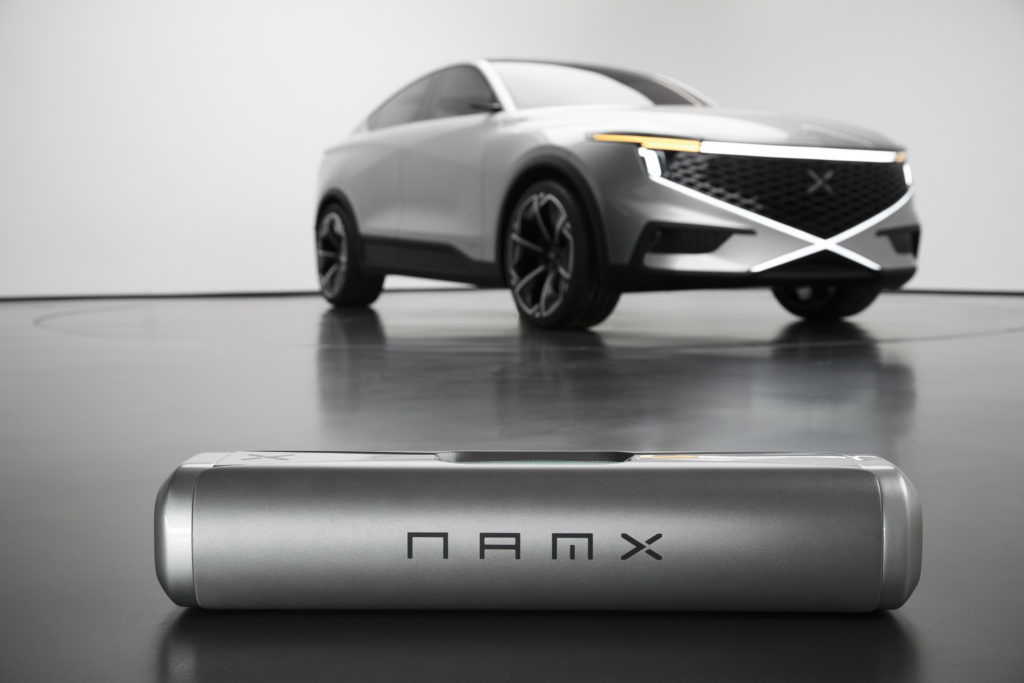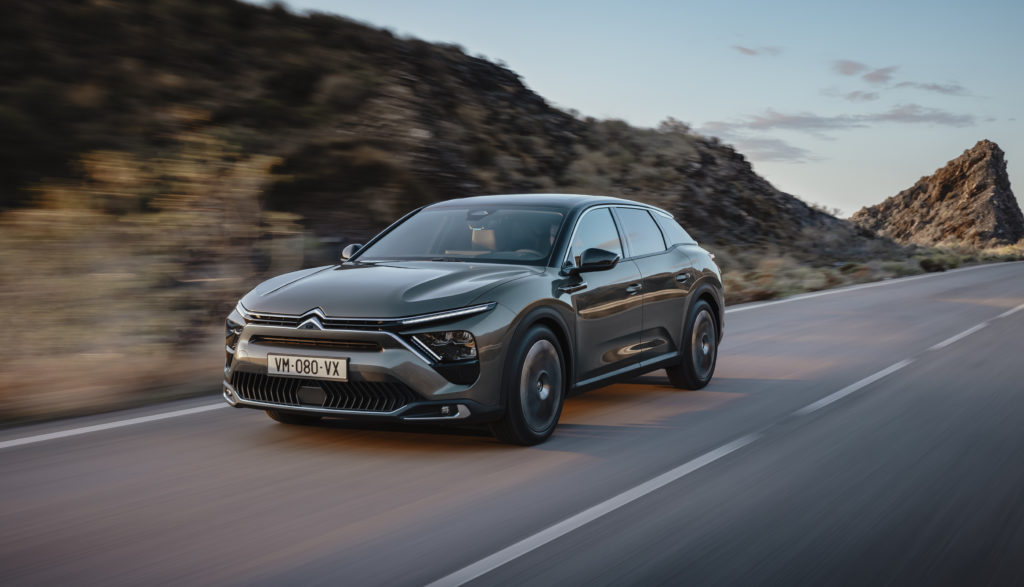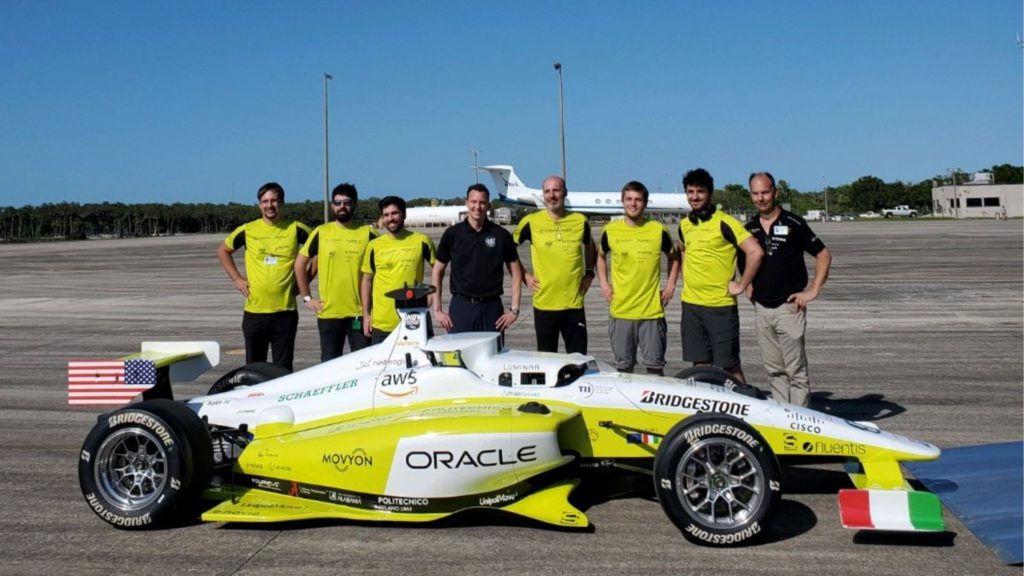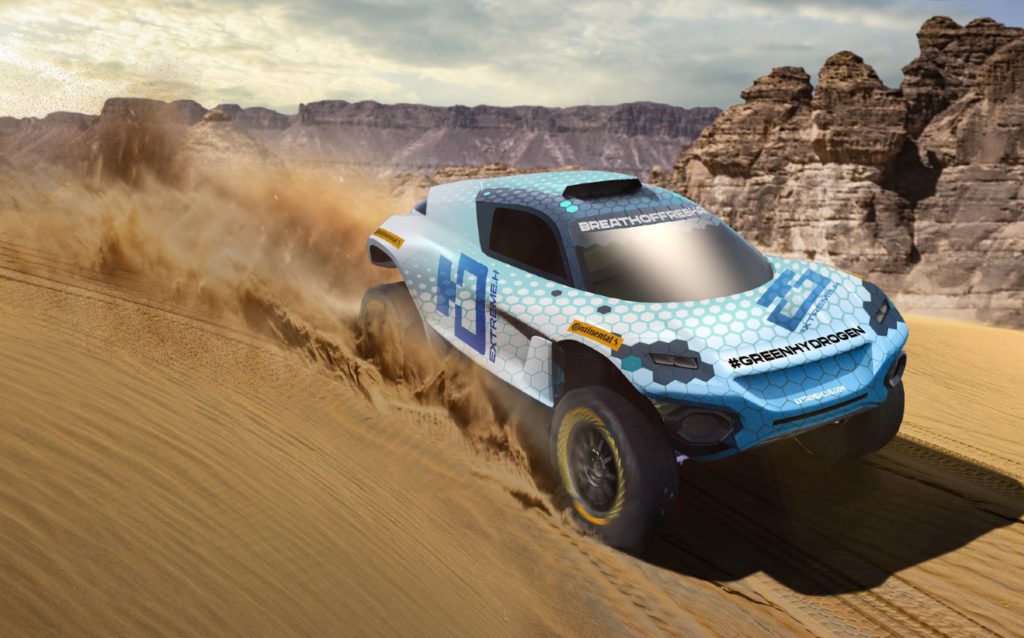Peugeot’s hybrid 9X8 Hypercar gets a boost from Marelli
22 May 2022
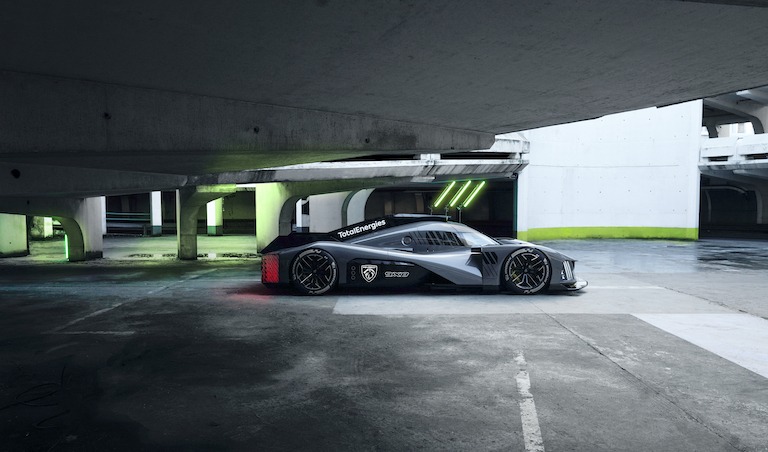
Peugeot Sport has signed a multi-year partnership with leading automotive and motorsport logistics supplier Marelli, to develop the hybrid powertrain system for the Peugeot 9X8 Hypercar which will compete in this year’s World Endurance Championship (WEC).
Italian company Marelli will provide engineering support and supply Peugeot with the bespoke, high-performance electric motor and silicon-carbide-based inverter, which form part of the front-axle electric-traction system of the 9X8.
Central to Marelli’s work is to maximise the efficiency and the reliability of the system, while adapting the motor and inverter technology. This will make effective use of the weight and volume allocated by the team, which is key to the overall performance of the 9X8 Hypercar.
Marelli and Peugeot have a long history of technical collaboration in motorsports, stretching as far back as the international endurance-racing scene of the 1990s. The much-anticipated Peugeot 9X8 was slated to make its competitive debut in the 2022 WEC campaign at the storied 24 Hours of Le Mans. However, this has been delayed, and the car is expected to take its competitive bow at the 6 Hours of Monza in July.
‘We are excited for this new collaboration with Peugeot Sport,’ said Riccardo De Filippi, head of Marelli Motorsport. ‘We already have a long and glorious tradition of collaboration with [Peugeot] in the history of endurance racing, and we both share a great heritage and technical tradition in motorsport competitions.’
What is a Hypercar?
Typically, endurance racing is split into different classes for cars possessing varying power, engine, and chassis types. Until 2021, the LMP1 category comprised the pinnacle of the WEC field before being replaced by the Hypercar class.
The Hypercar class permits only cars with four-stroke petrol engines, manufactured around two general design specifications; LMH, a bespoke prototype designed from the ground-up, with optional hybrid power, and LMDh, a prototype based on a shared structure with mandatory hybrid power. These LMDh cars have a large degree of freedom in terms of their technical and aerodynamic development.
As of 2022, with Peugeot’s presence in the Hypercar class on pause, the category features Toyota, Alpine and Glickenhaus Racing.
Lamborghini set to join the Hypercar party
Since the announcement of Hypercar regulations in 2018, numerous manufacturers have expressed an interest in taking part. The latest and most notable of them being Lamborghini.
The Volkswagen Group brand joins Peugeot, Audi, Porsche, Acura, BMW, Cadillac and Alpine in committing to the Hypercar category from 2023 onwards. The Italian brand has an illustrious history competing in multiple motorsport disciplines, winning numerous races, primarily in GT categories.
By developing a LMDh car, Lamborghini will be in a position to challenge for outright victory in events such as the 24 Hours of Le Mans and the 24 Hours at Daytona for the first time.
‘This step up into the highest echelon of sports-car racing marks an important milestone for our company,’ stated Stephan Winkelmann, Lamborghini chairman and CEO. ‘We will be measuring ourselves against the very best, on the most demanding proving grounds.
‘On one hand, this will give our successful motorsports programme even more visibility, but it will also allow us to test future technologies: our LMDh prototypes will become our most sophisticated open laboratory on four wheels.’
